On May 5, 2019, President Donald Trump tweeted a warning that, later that week, tariffs would increase from 10% to 25% on $200 billion worth of Chinese goods, and he would slap matching tariffs on another $325 billion “shortly.” The new duties threaten to devastate U.S. businesses relying on Chinese factories.
Companies have been reacting by shifting manufacturing away from China to Southeast Asian countries such as Vietnam, Cambodia and Bangladesh, in search of lower production costs.
According to the U.S Census Bureau, China accounted for $106 billion, or 17.7% of U.S. imports through first quarter 2019, making it the largest supplier of U.S. imports, ahead of Mexico (14.5%) and Canada (12.4%). Subduing a dependency of such magnitude is apt to be uncomfortable, yet experts say while those making the switch can expect growing pains, the move could pay dividends if executed intelligently.
One way to ease this transition is by partnering with a logistics provider intimately experienced with the region, such as CAF Worldwide.
Changing Tides
The abandonment of Chinese production may very well signal a paradigm shift in future international trade. Remember, in the late '80s and early '90s, China was similarly underdeveloped in global commerce. Twenty years later, China’s supply chain infrastructure is even more efficient than that of the United States. Thus, companies successfully establishing themselves in Southeast Asia have the potential to capture significant market share.
Smaller nations hoping to keep up with the exodus of shipping traffic from China will need to increase investments improving infrastructure, however. For example, Vietnam invested just $11.1 billion in 2017—about $5 billion short of the $16 billion the World Bank says it needs to keep pace with demand. There are other obstacles, as well.
Key Challenges
- Companies recently acquainted with Southeast Asia are finding existing infrastructure severely lacking, with insufficient road and railways, antiquated port systems, and frequently congested ports.
- Most supply chain relationships in the area are not nearly as well established as those between factories, suppliers, and customers within Chinese supply chains.
- Despite increased migration of factory production to these countries throughout the last decade, factories have yet to get up and running, in terms of capacity.
- As a result, bottlenecks in logistics are creating significantly longer lead times and inflated shipping costs.
Follow the Money
A cost-savvy move away from China would be necessary for some, with or without additional tariffs. Even before President Trump launched his trade war with Chinese President Xi Jinping, wage increases and other heightened business expenses in China inspired many strategic supply chain shifts toward more affordable regions.
- In 2010, Vietnam became the primary manufacturing location for Nike when they moved 37% of production there, leaving just 34% in China. (U.S. Securities and Exchange Commission)
- Trade volumes from Vietnam have swelled 29.3% over the last year. (Panjiva, Inc.)
- U.S. imports from Bangladesh totaled $6.1 billion in 2018, up 7.3% ($417 million) from 2017, and up 62.8% from 2008. (Office of the United States Trade Representative)
- U.S. goods imports from Cambodia totaled $3.8 billion in 2018, up 24.8% ($759 million) from 2017, and up 58.6% from 2008. (Office of the United States Trade Representative)
“The only way to make sense out of change is to plunge into it, move with it, and join the dance.” —Philosopher Alan WattsIf you’re interested in avoiding tariffs on Chinese imports by moving part of your business to Southeast Asia, look to logistics partners with roots in the region for help. All other things being equal, established relationships in niche markets will be your ticket to minimizing the pitfalls that come with adjusting to life without affordable Chinese supply chains.
CAF Worldwide: +25 Years of Trading in Southeast Asia
- CAF Worldwide has nurtured key port relationships in Bangladesh and Cambodia for more than 25 years and maintains strong infrastructures in Thailand and Vietnam, as well as around the world.
- CAF’s network of preferred partners stretches far and wide, whereas most freight forwarders focus almost exclusively on China. Specifically, CAF does a lot of work in niche Southeast Asian markets.
- You can only move as fast as your logistics infrastructure allows. Partnering with an established logistics provider might be just what your supply chain needs to thrive in a developing manufacturing market.
CAF Worldwide is a full-service logistics provider with more than 30 years of international freight forwarding and customs brokerage experience. To find out more about how CAF Worldwide can help you improve your supply chain, give us a call today at 516-444-3700, or send an introductory email to info@cafworldwide.com.
CAF Worldwide has been a trusted leader in global logistics and freight forwarding since 1982, delivering tailored supply chain solutions with a focus on reliability, innovation, and customer-centric service. Specializing in industries such as apparel, footwear, and consumer goods, CAF offers comprehensive services including air and ocean freight forwarding, customs brokerage, intermodal transportation, warehousing, and RFID-based tracking. With a strong presence in Southeast Asia and Bangladesh, CAF ensures efficient, secure, and timely delivery for clients worldwide. Guided by core values of advocacy, loyalty, and integrity, CAF Worldwide is committed to advancing global trade through ethical practices and cutting-edge technology.

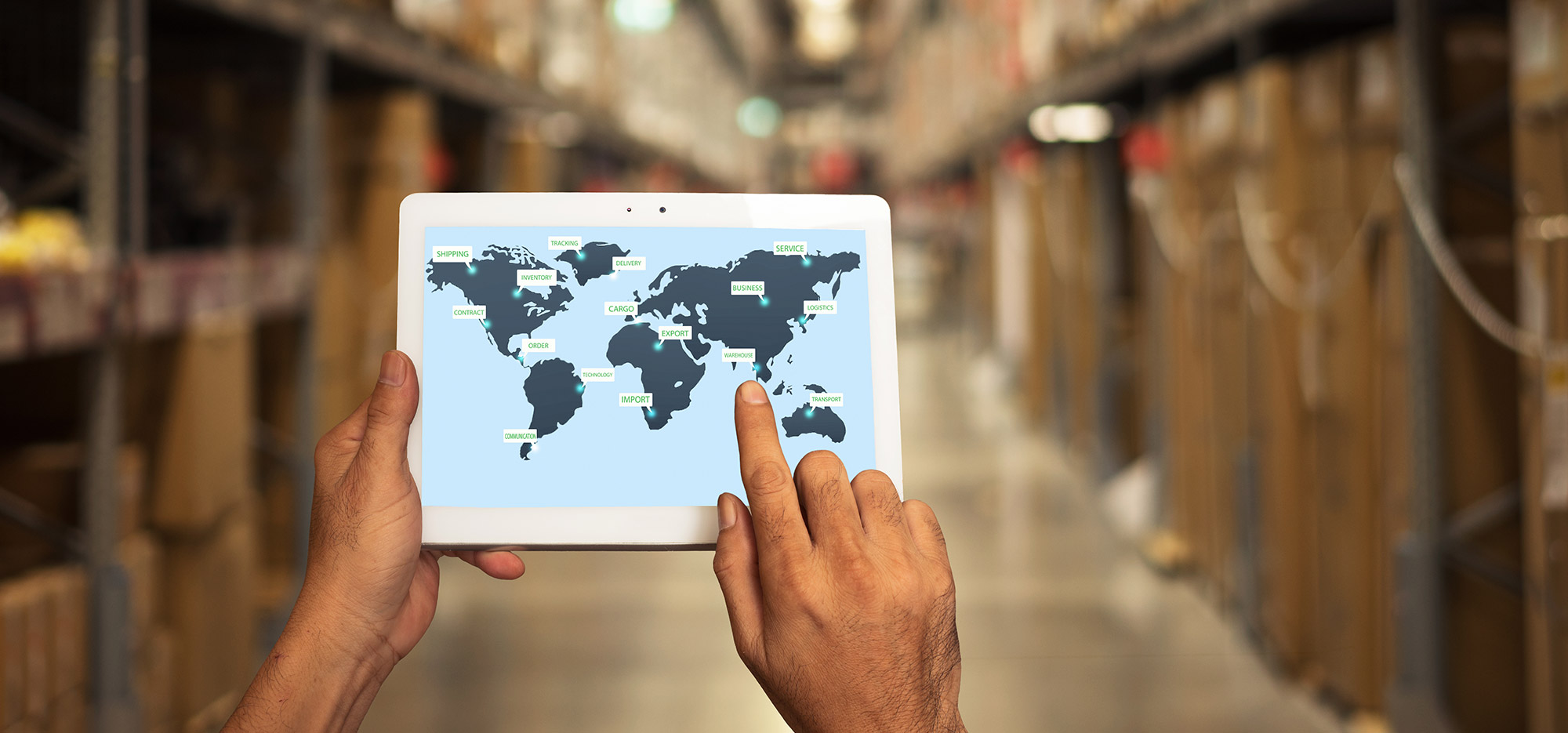
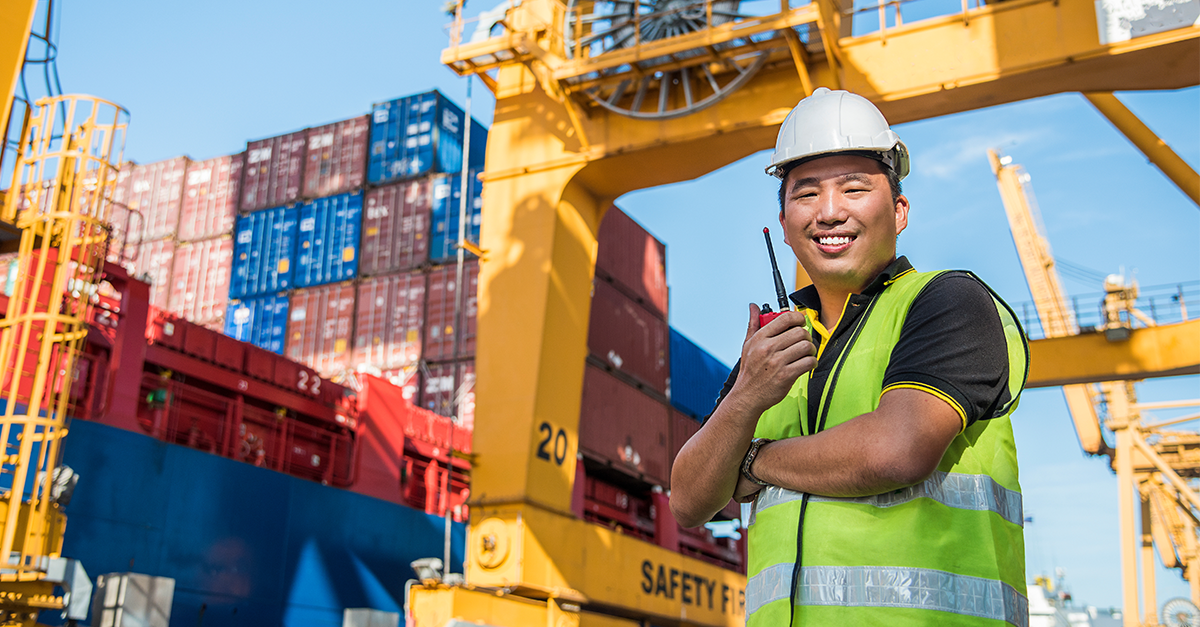
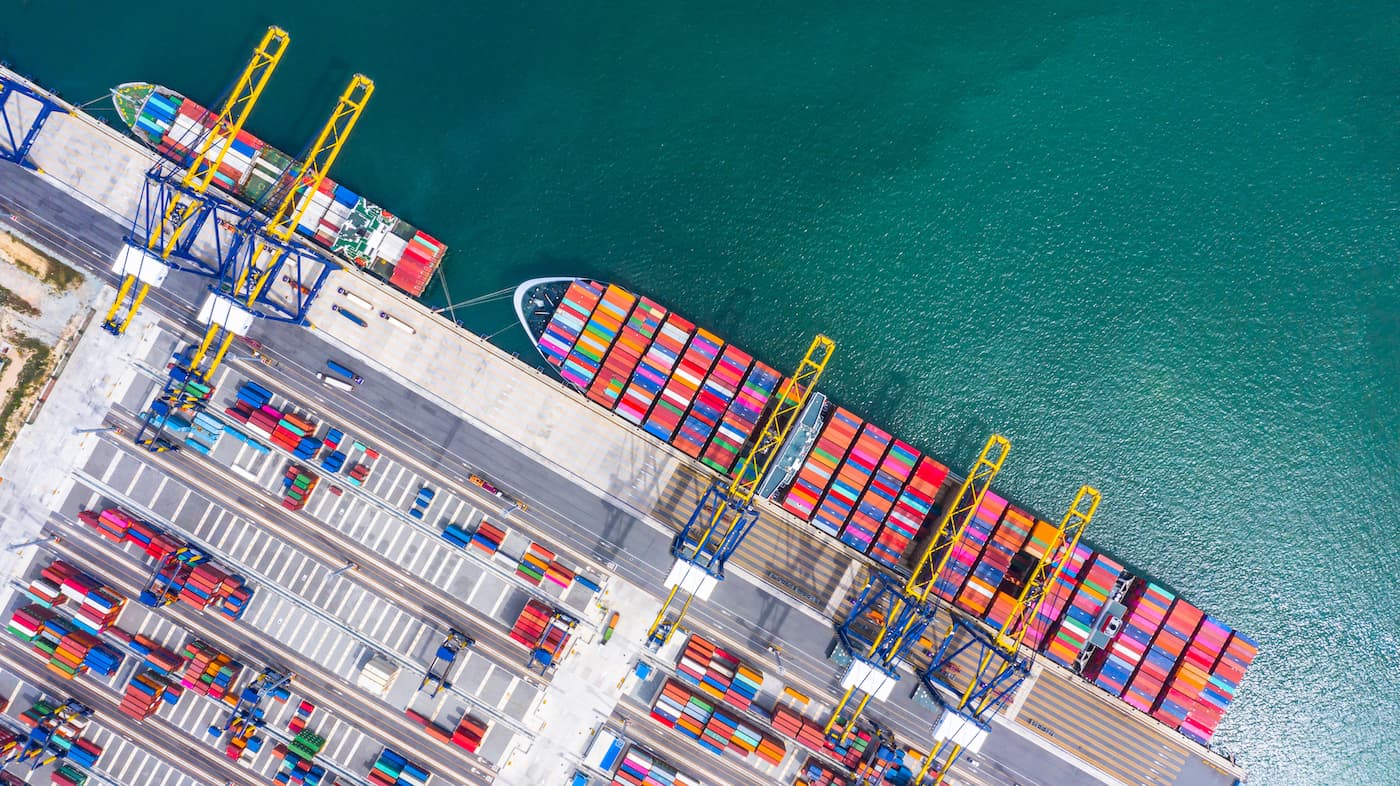
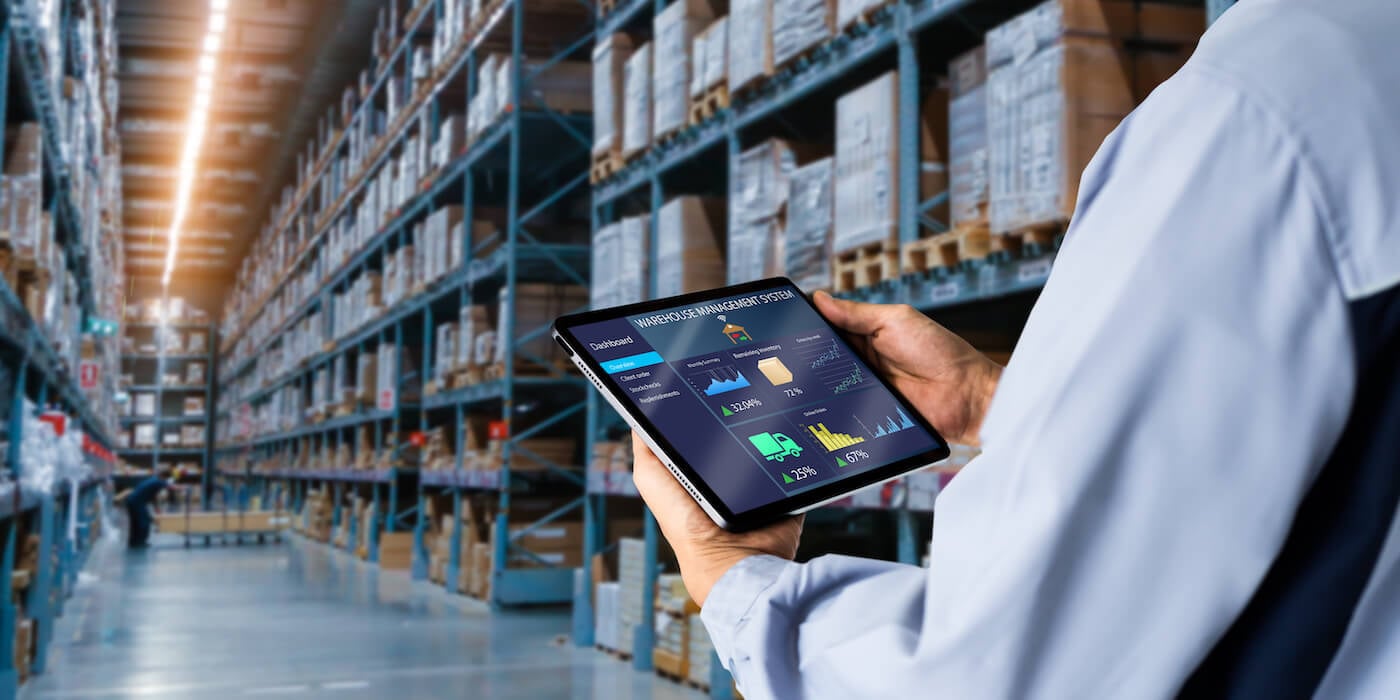
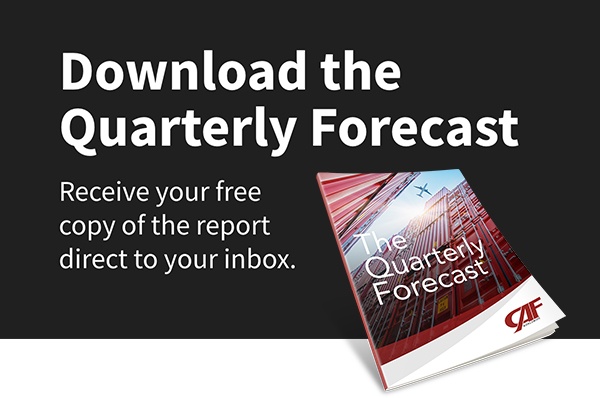

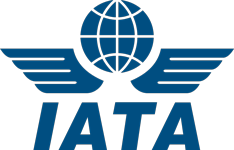





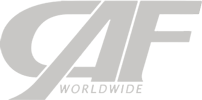 Copyright 2026 CAF Worldwide. All rights reserved.
Copyright 2026 CAF Worldwide. All rights reserved.